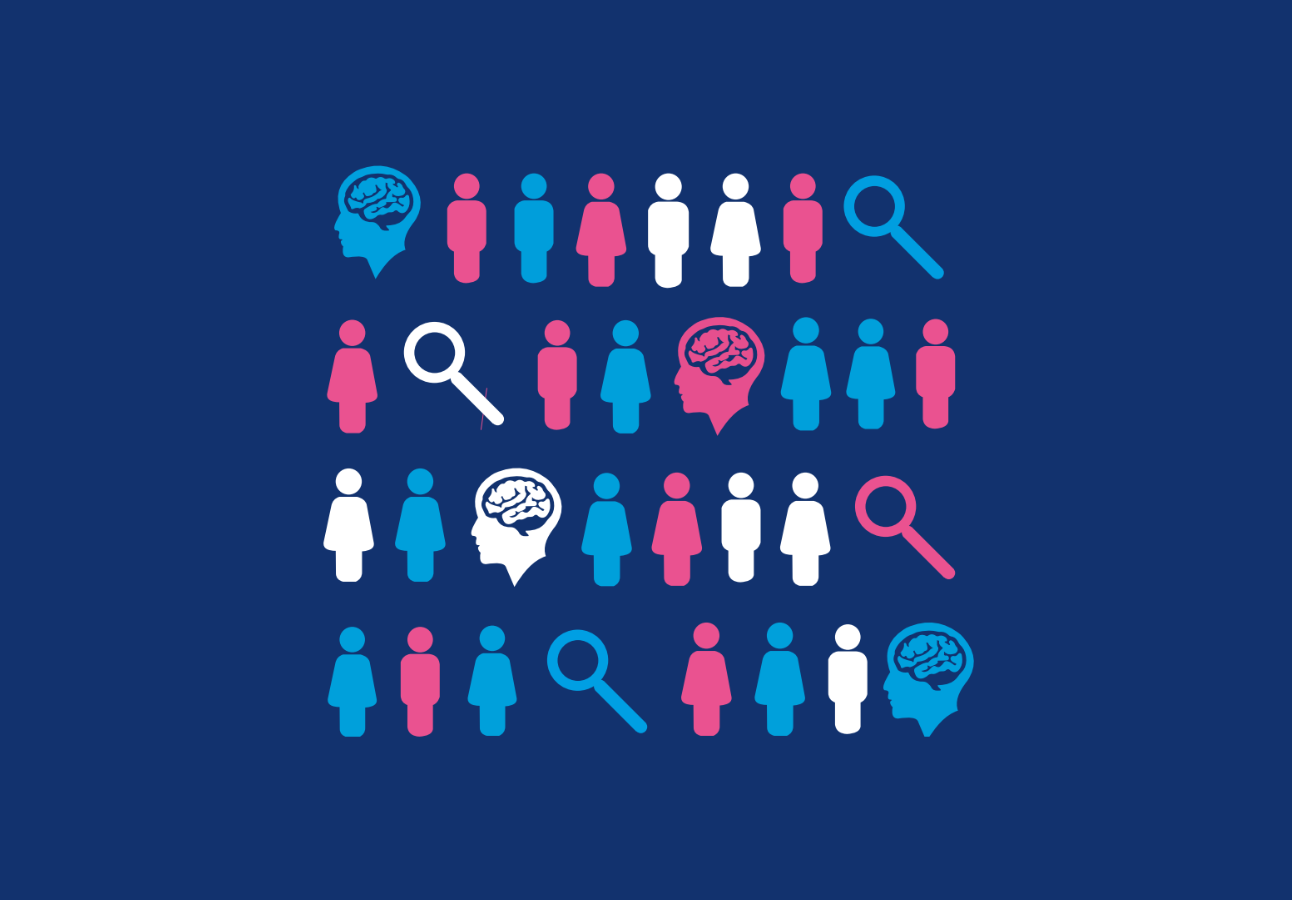
The impact of mental health on the response to perpetrators of domestic abuse
Jonathan Fowler discusses the nuanced approach to working with male perpetrators of domestic violence, to foster responsibility and reduce risks
Prior to working with male perpetrators of domestic violence, I spent many years as a therapist with survivors of violence; of physical, sexual and emotional abuse. Both in this work, and in my private life I have seen the devastating impact these experiences have on adults and children. It is vital that there are strong services that focus on safeguarding and supporting them. I feel strongly that part of this work must involve working with perpetrators, supporting them to take responsibility for their behaviour and reducing the risk of them abusing current, and future, partners and children.
Supporting perpetrators to take responsibility becomes more complicated as soon as the possibility of their own mental health problems playing a role in their abusive behaviour arises. Are their mental health problems being presented as an excuse not to take responsibility for their behaviour, or are they an important factor in this behaviour? With some mental health conditions this can seem especially complex, as an inability to successfully manage emotions and/or form stable intimate relationships is at the heart of some problems. This is particularly the case for some of the personality disorders. In practice this need not always be as much as an issue as it seems; our work is always about supporting them to take responsibility, whether they have mental health problems or not. They join a programme in order to be able to take more responsibility.
The challenges to relating that some mental health problems give, are sometimes more extreme versions, of some of the issues men already address in the work we do with them. An example is having difficulty in taking the perspective of others. A failure to appreciate the perspective of partners will be found in all the perpetrators we work with. How poor they are at doing this will vary. Sometimes their ability is so consistently poor that it is seen as indicating a mental health problem.
Both in 1:1 work, and group-work we often ask perpetrators to think about and express the perspective of their partners and children. For many men, doing this is an emotionally challenging experience that encourages them to reflect on their behaviour. These men will typically have some perspective-taking skills that they seem to use, for example, in their work life. They fail to do this at home though, with this failure backed up by entrenched and unhelpful beliefs, for example about how men and women should be in relationships. These entrenched ideas become exposed and can be then questioned during this process. Some men will struggle to do this well, and will need more support. Some will have huge difficulties. These difficulties are typically very apparent, not only in their relationship but also, in the rest of their lives; at work, in their interactions with us, and if they are in a group, their interactions with other group members. In role play exercises, for example, I’ve seen men who seem only able to project their own perspective when role playing their partners or children. They can be shockingly unaware that they are unable to take someone else’s perspective. For example, in voicing the perspective of their severely emotionally abused and very troubled son, a man was recently only able to express how much their son missed his father. Encouragements to think about any other feelings they might have, drew a blank. In the most extreme cases these men are not suited to the type of group work we do on perpetrator programmes. Their inability to take other’s perspectives can result in constant conflicts with facilitators and other group members, and they are often severely limited in their ability to reflect on their own feelings and thoughts.
Perpetrator groups are not focussed on working with high levels of conflict within the group, or with an extremely limited ability to reflect on thoughts and feelings. Skilled 1:1 work can help, as can specialised group-work, if available. But the immediate primary focus often needs to be on protecting their family members from them, and working closely with MARACs, probation, police and social services to do this. Ideally sometimes specialised mental health support may be needed, and attempts should be made to get these clients referred for assessment and treatment, if possible. Initiating actions which reduce risk to family members can, of course, impact a lot on these clients and we sometimes need to be aware of increased risks for them, their families, and us. Maintaining a relationship with them through these changes is important, both to help manage risk and to continue to build a relational foundation for further work. It can be hard to balance empathy for their distress, encouragement to them to take responsibility, and ongoing risk-management. Especially if, for example, their distress is expressed through direct or masked threats to us. Recently I found myself balancing empathy for the very painful feelings of loss that arose from a man’s reduced and restricted access to his small child, with explaining why these steps had been taken, how he could submit a complaint about the steps we had taken, and gathering information to assess ongoing risk. I could also see, in this situation, how his relationship with this child was totally focused on his own needs, but how little capacity there was to reflect on this.
Sometimes psycho-pharmaceutical support may be needed in order for some men to be able to engage with the programme we are running. For example, men who have experienced psychosis or the extreme impulsivity of ADHD, can do well on perpetrator programmes if their symptoms are stabilised by medication, and they see taking medication as part of what they need to do in order to effectively take responsibility for their behaviour in their relationship. We may need to monitor that the work we do is not de-stabilising them, and liaise with mental health services around support. Without taking steps to manage their mental health problems, it is not possible to work on further building their ability to take responsibility in their relationship.
Generally, while mental health issues may complicate the work we do, or in some cases mean that we cannot work with a particular client, they never remove our focus on how the men we work with can more effectively take responsibility for their behaviour. If there appear to be mental health issues, I am interested in how they impact on a client’s ability to take responsibility. What implications does this have for support from other services, what does this mean for what they need to focus on in the programme, and what are the implications for how we reduce the risk to their families?
About Jonathan
Jonathan Fowler has extensive experience, going back more than 25 years, as a therapist in (Secure) Psychiatric Settings (working with both violence & severe self-harm/trauma), working at the interface between mental health & the Criminal Justice System, with complex needs, and with Respect accredited DV perpetrator work. He currently works as a facilitator on the Reprovide perpetrator programme, as a DVPP trainer and external supervisor, as mental health advisor for the Drive programme, and with specialised complex needs services.
You may also be interested in

A Cry for Health

